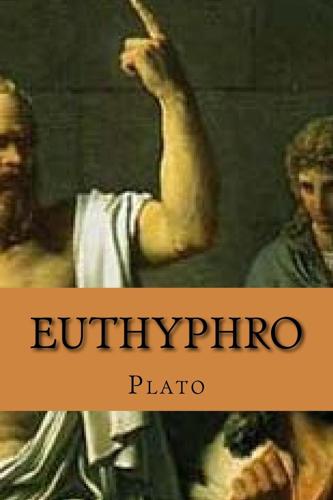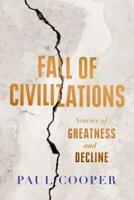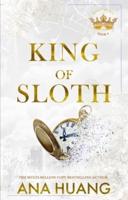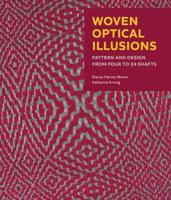Publisher's Synopsis
Euthyphro [ca. 399-395 BC], by Plato, is a dialogue whose events occur in the weeks before the trial of Socrates (399 BC), for which Socrates and Euthyphro attempt to establish a definitive meaning for the word piety (holiness) The argument of the Euthyphro dialogue is based on "definition by division." Socrates goads Euthyphro to offer definitions of "piety." The purpose of establishing a clear definition is to provide a basis for Euthyphro to teach Socrates the answer to the question: "What is piety?" Ostensibly, the purpose of the dialogue is to provide Socrates with a definitive meaning of "piety," with which he can defend against the charge of impiety in the pending trial. Socrates seeks a definition of "piety" that is a universal (universally true), against which all actions can be measured to determine whether or not the actions are pious. That, to be universal, the definition of "piety" must express the essence of the thing defined (piety), and be defined in terms of genus, species, and the differentiae. Hence, the Euthyphro dialogue is technically important for the dialectics of theology, ethics, epistemology, and metaphysics. Indeed, Plato's approach in this dialogue is anachronistic, because it is unlikely that Socrates was a master metaphysicist; nonetheless, Aristotle's expositional treatment of metaphysics is rooted in the Platonic dialogues, especially in the Euthyphro.



























